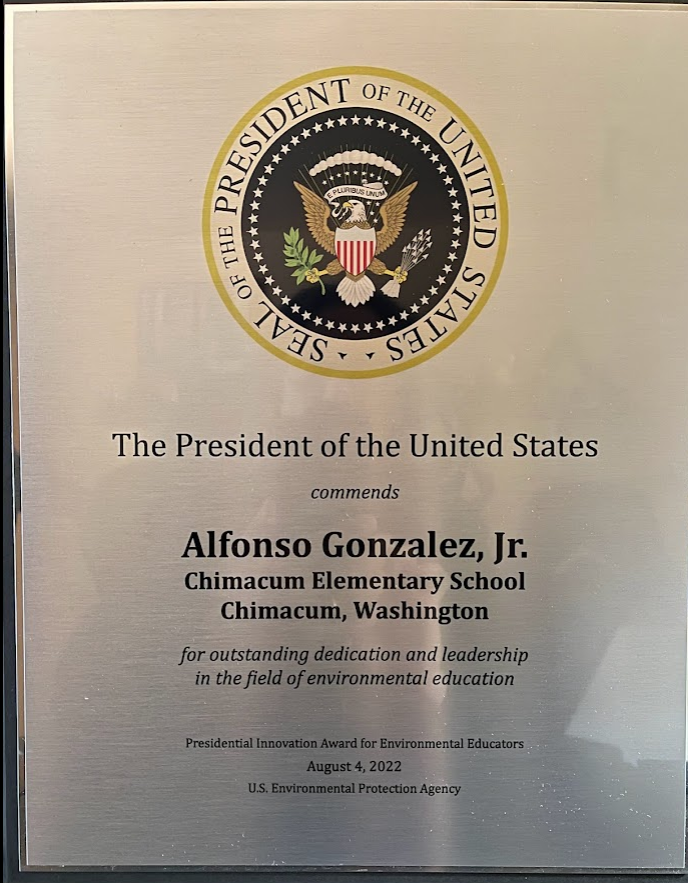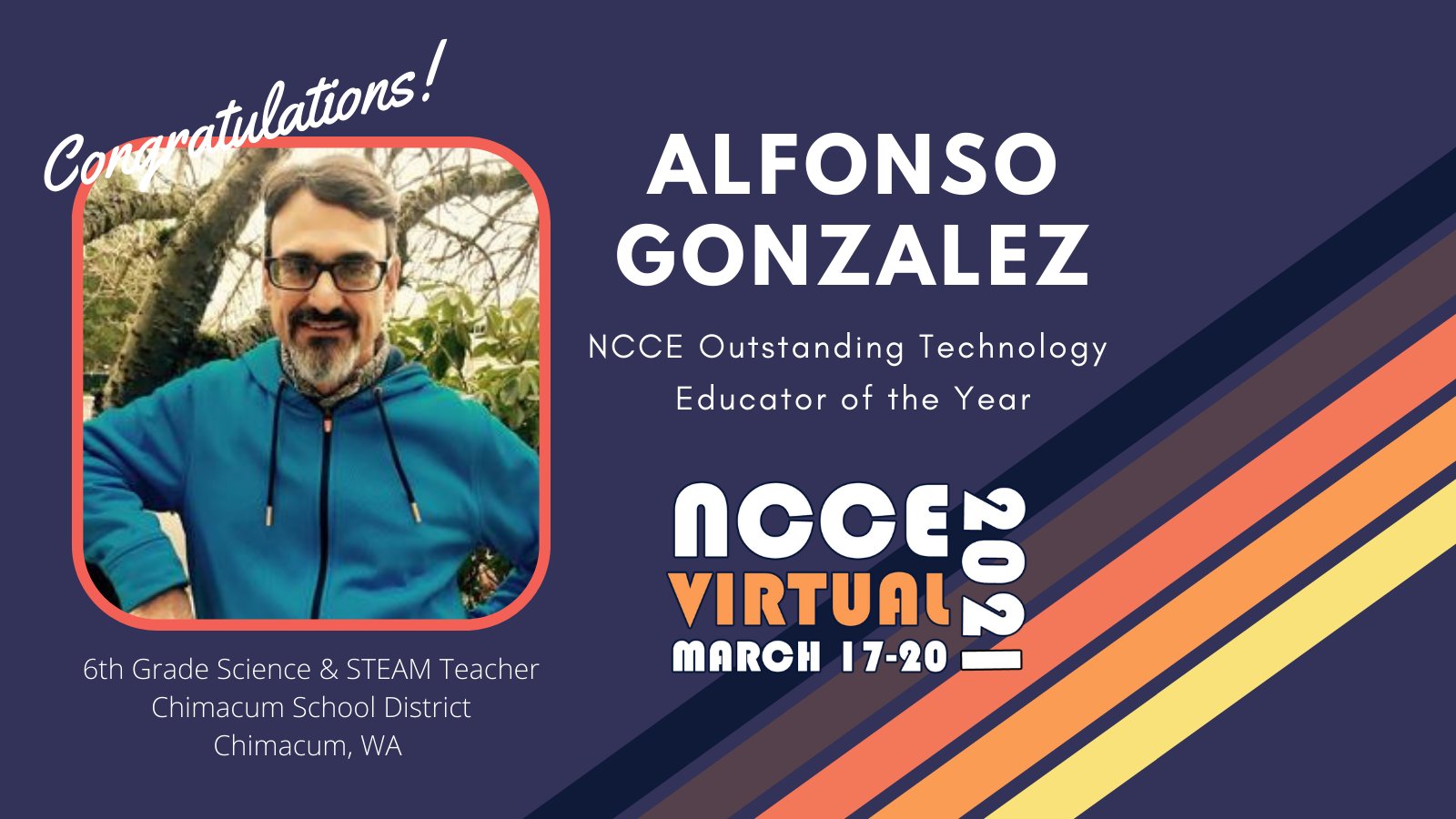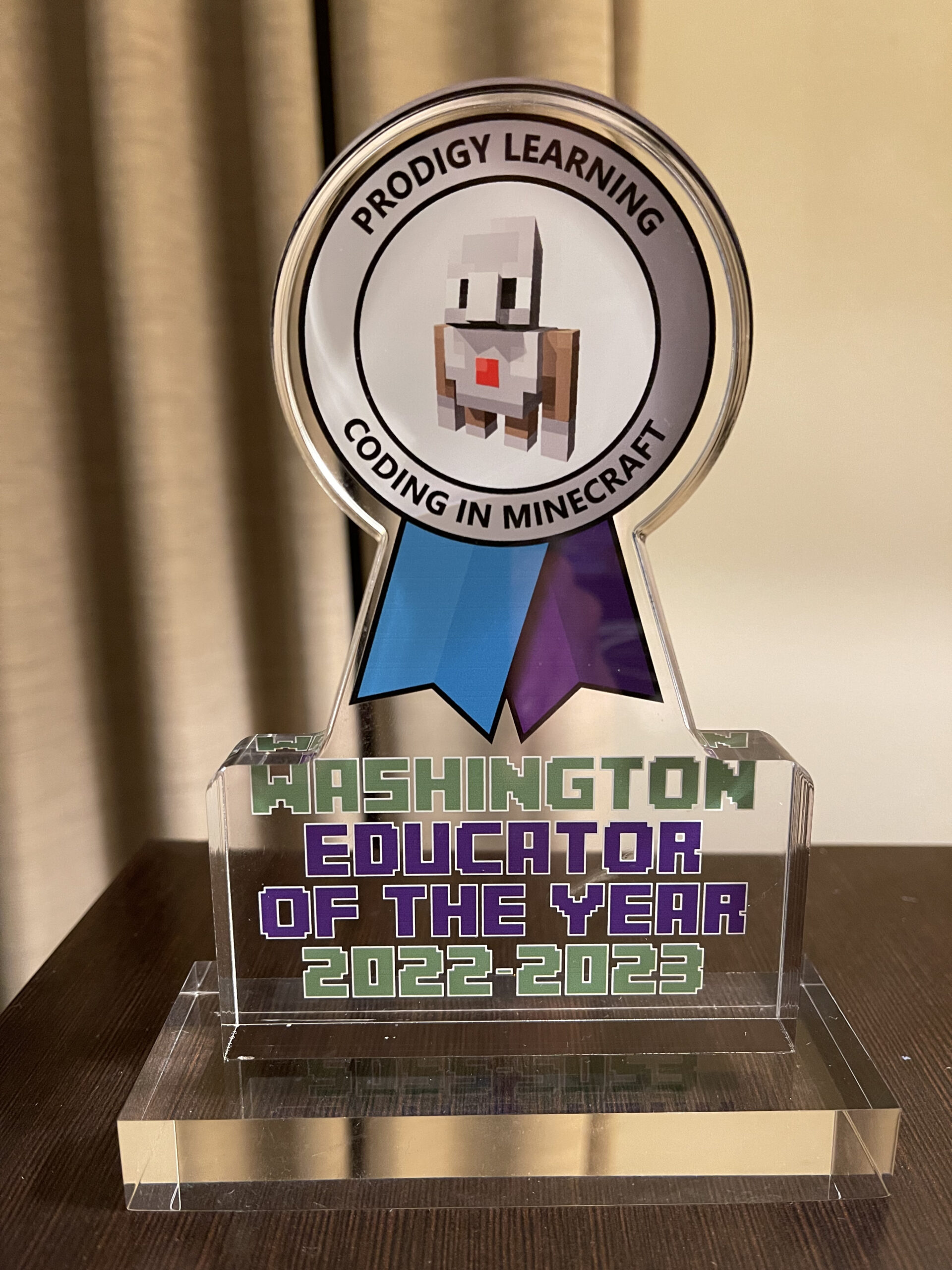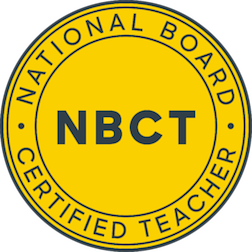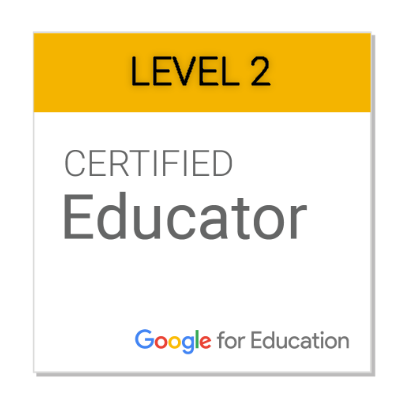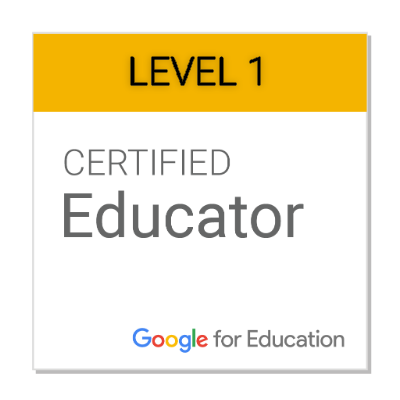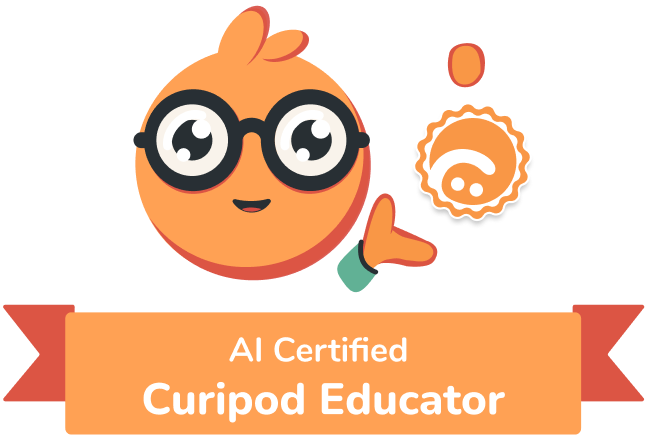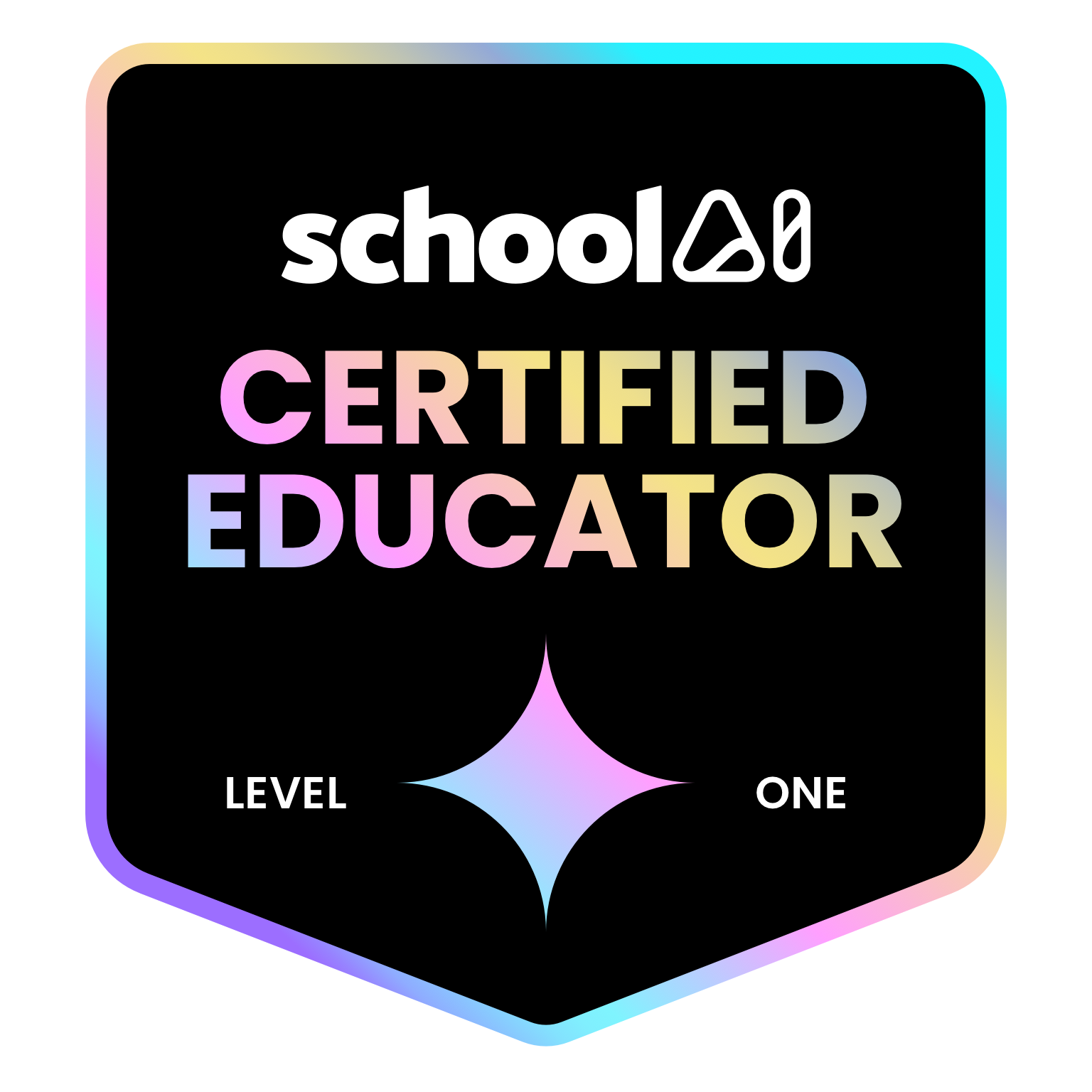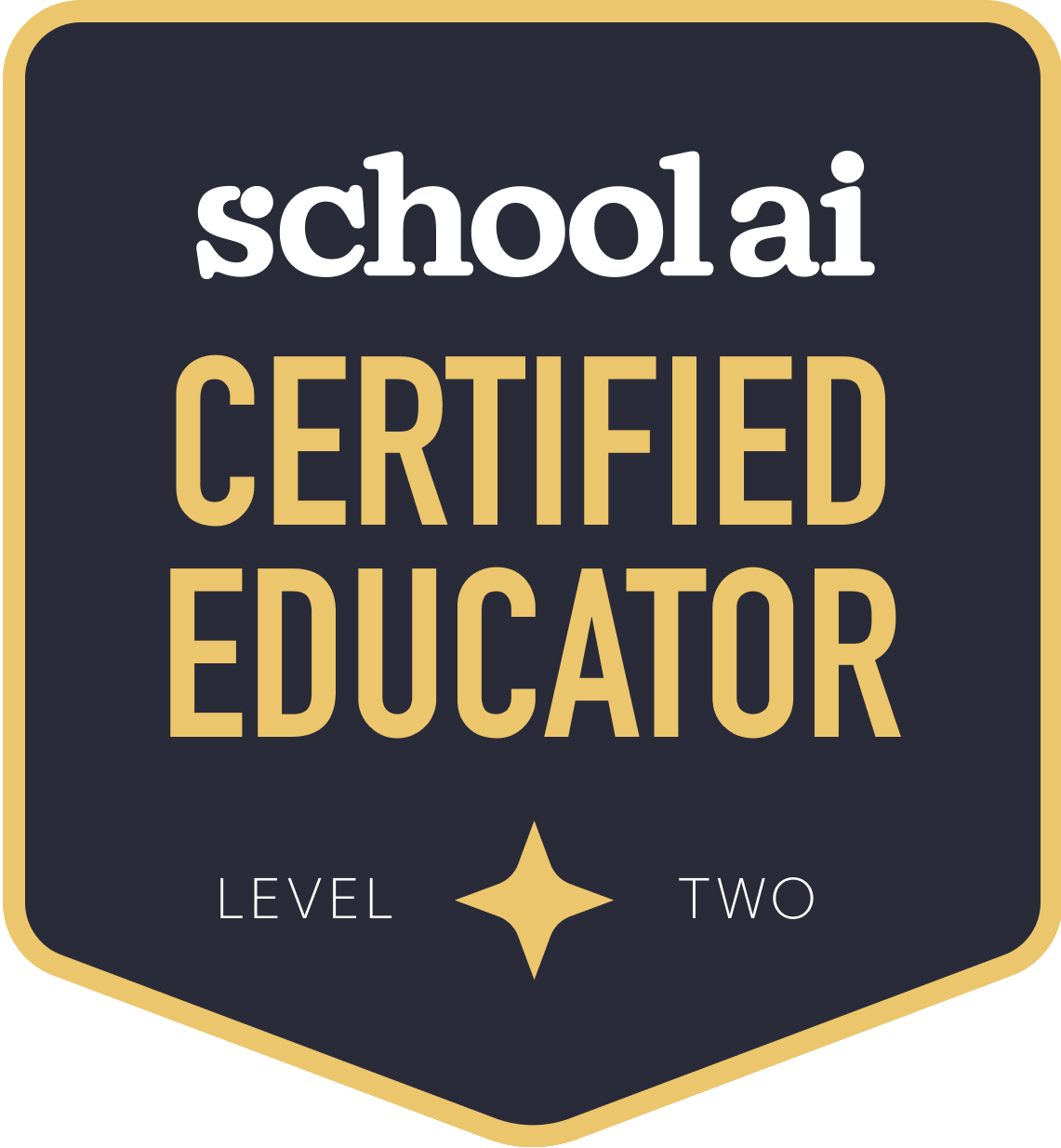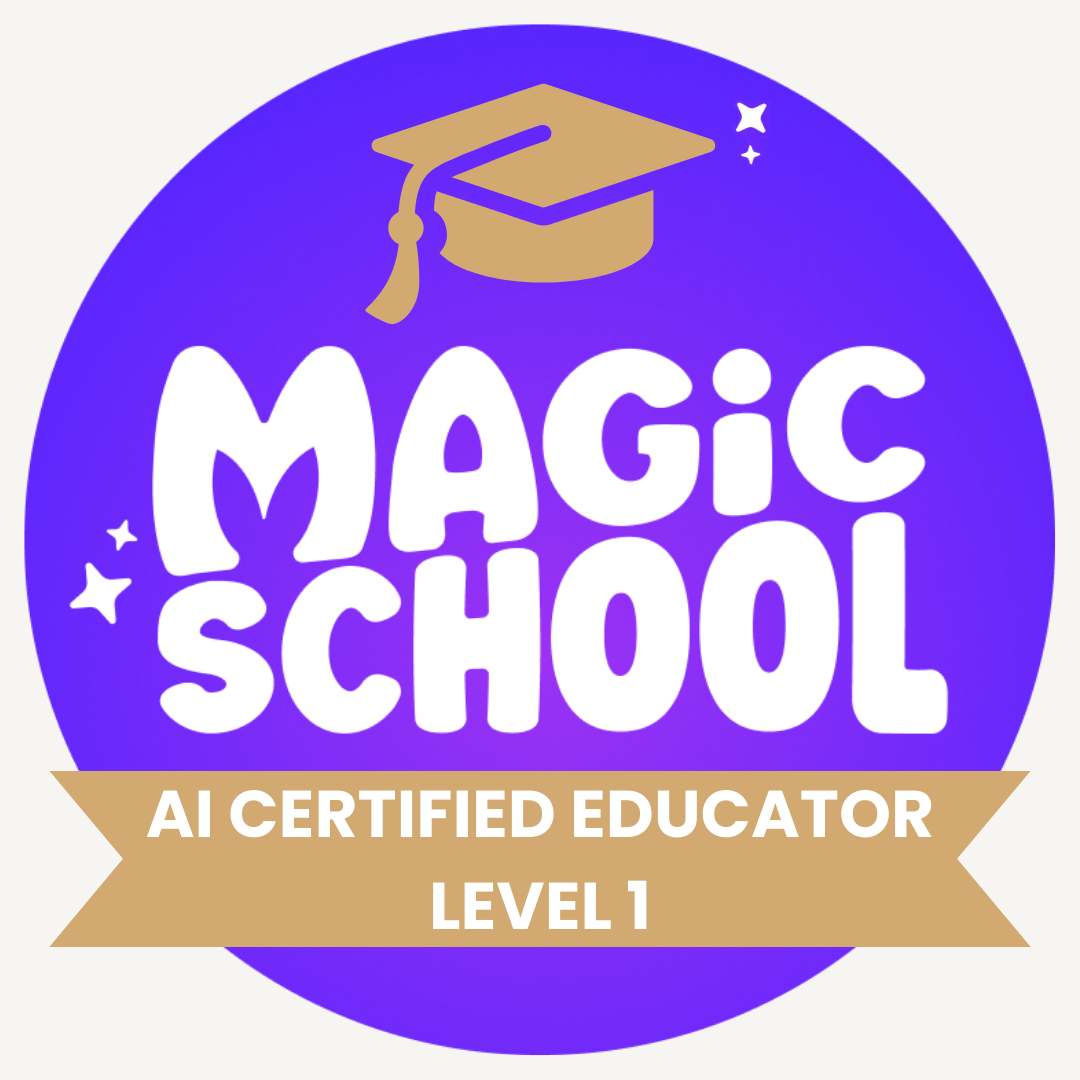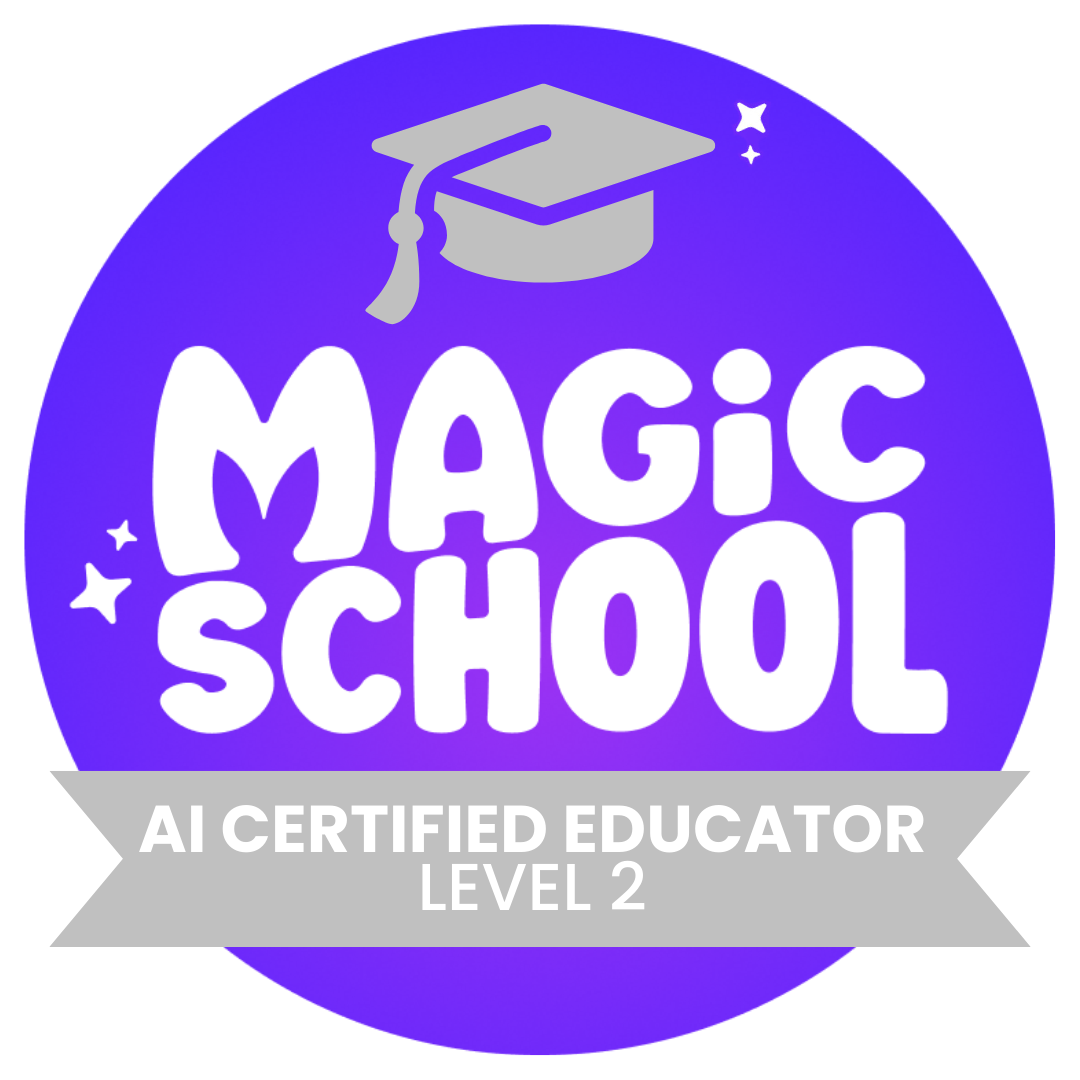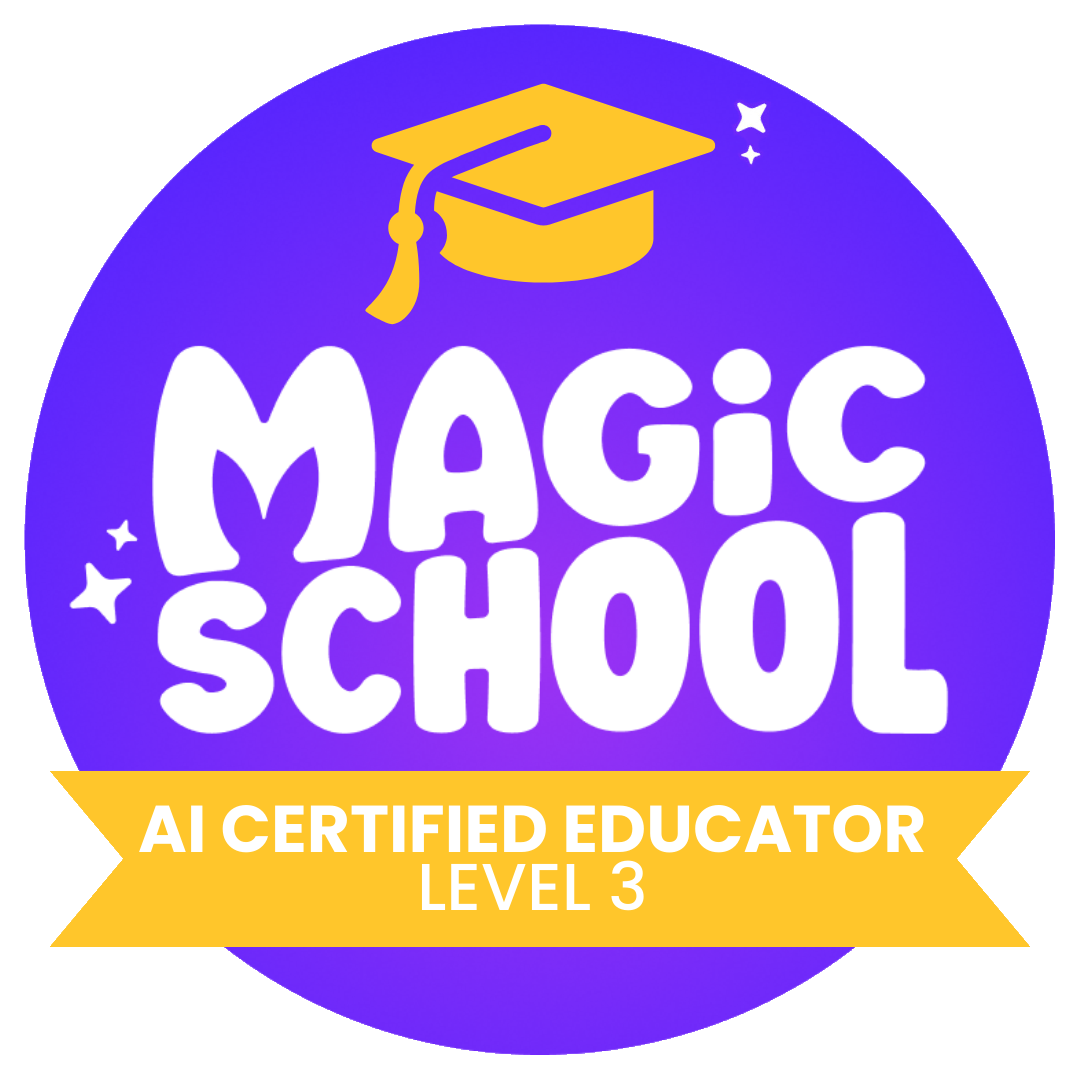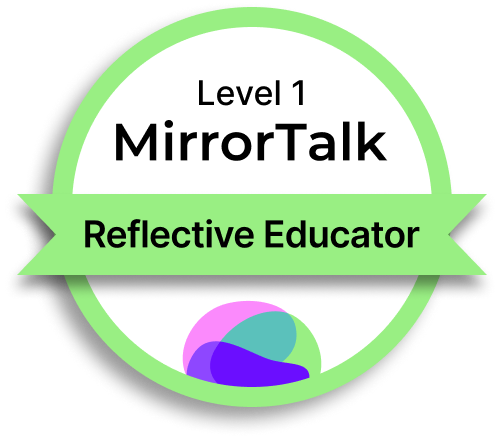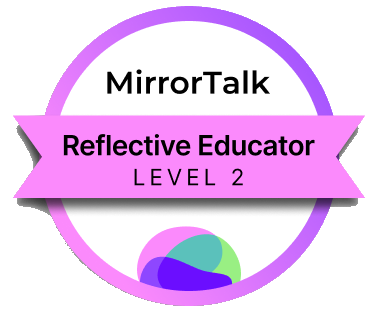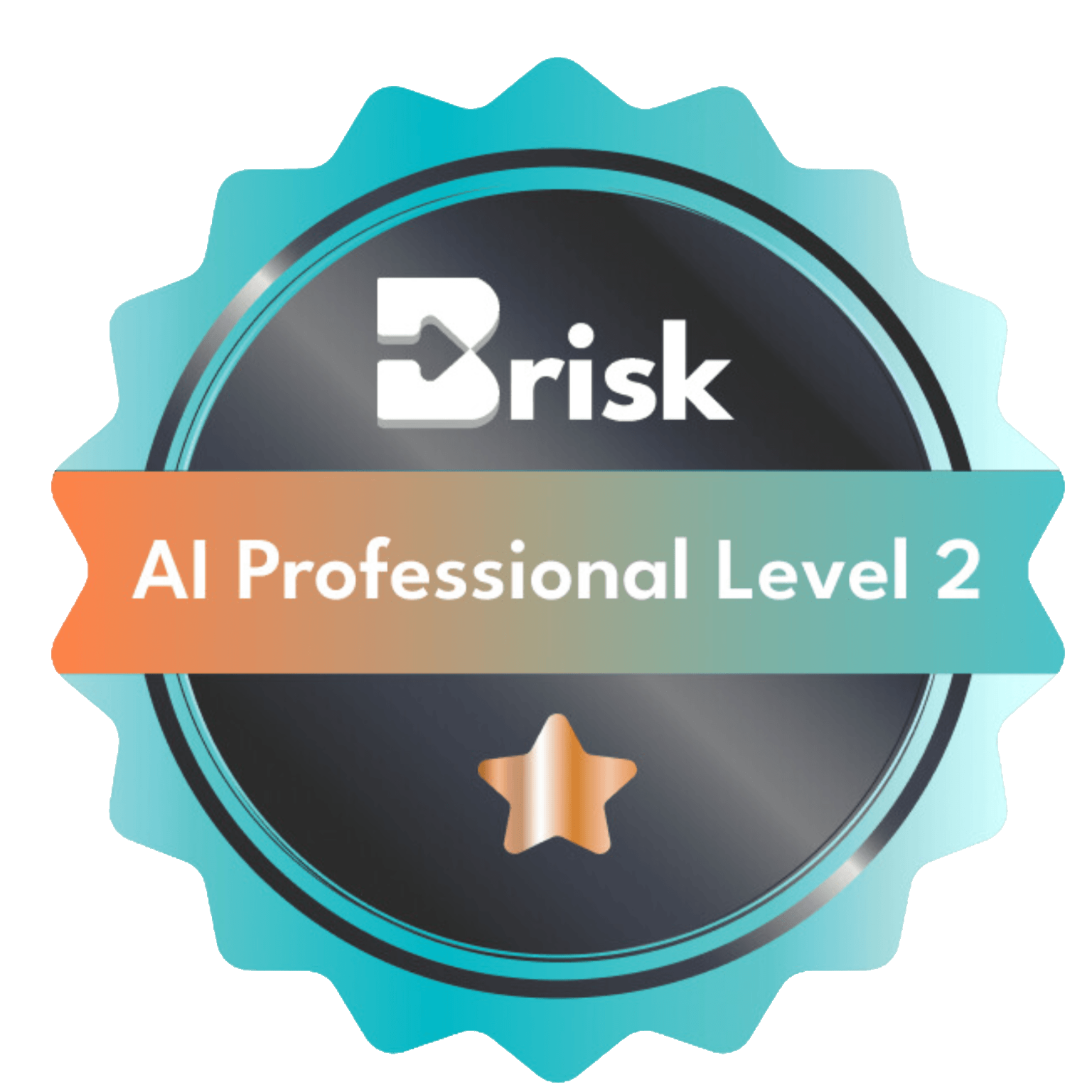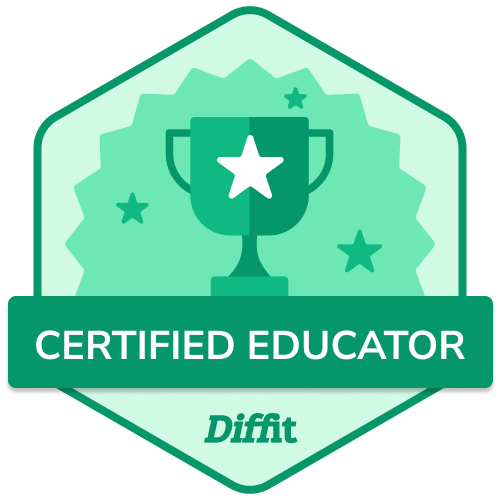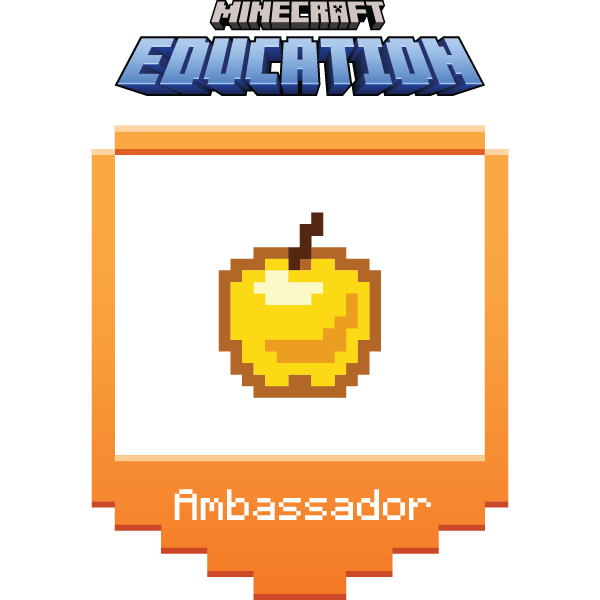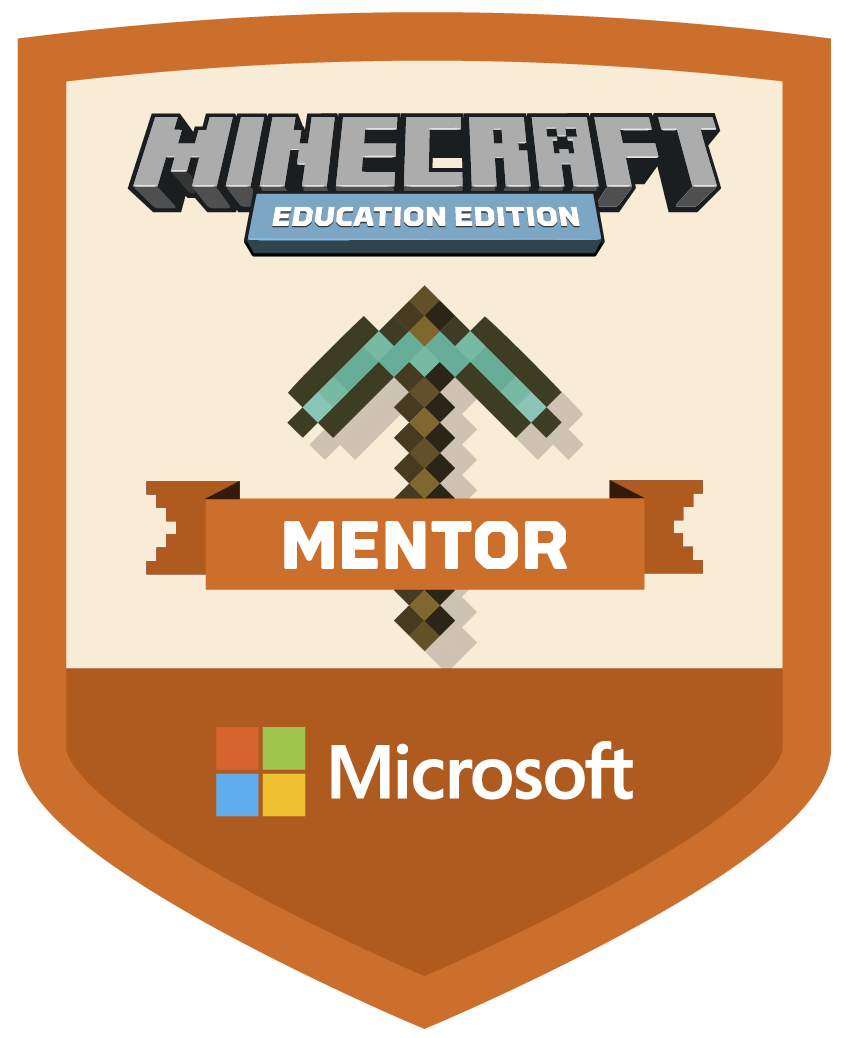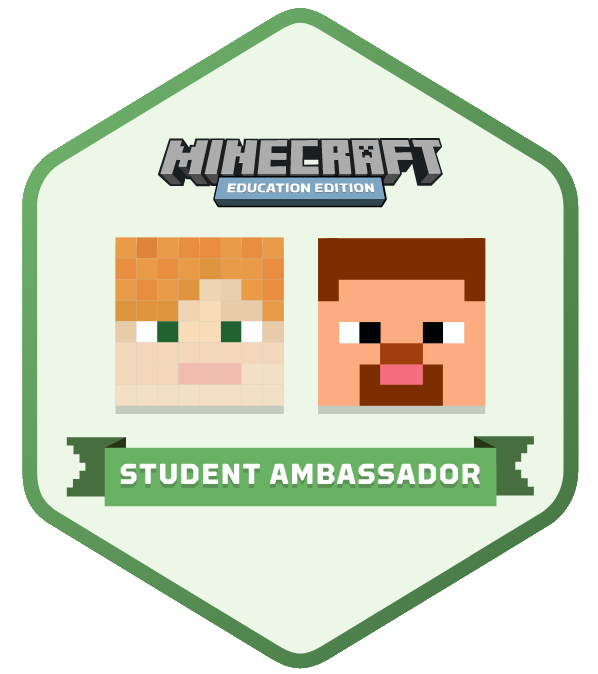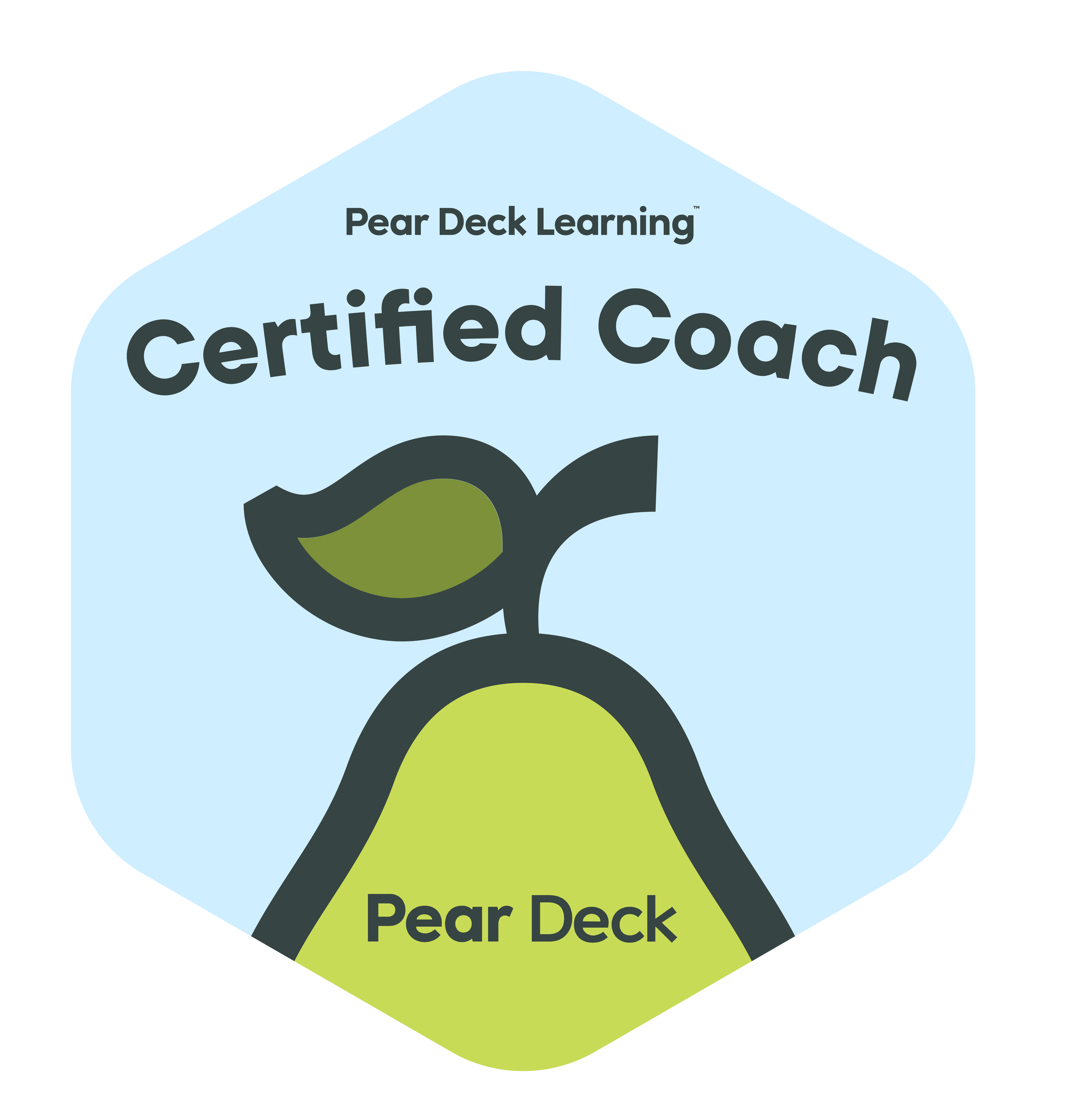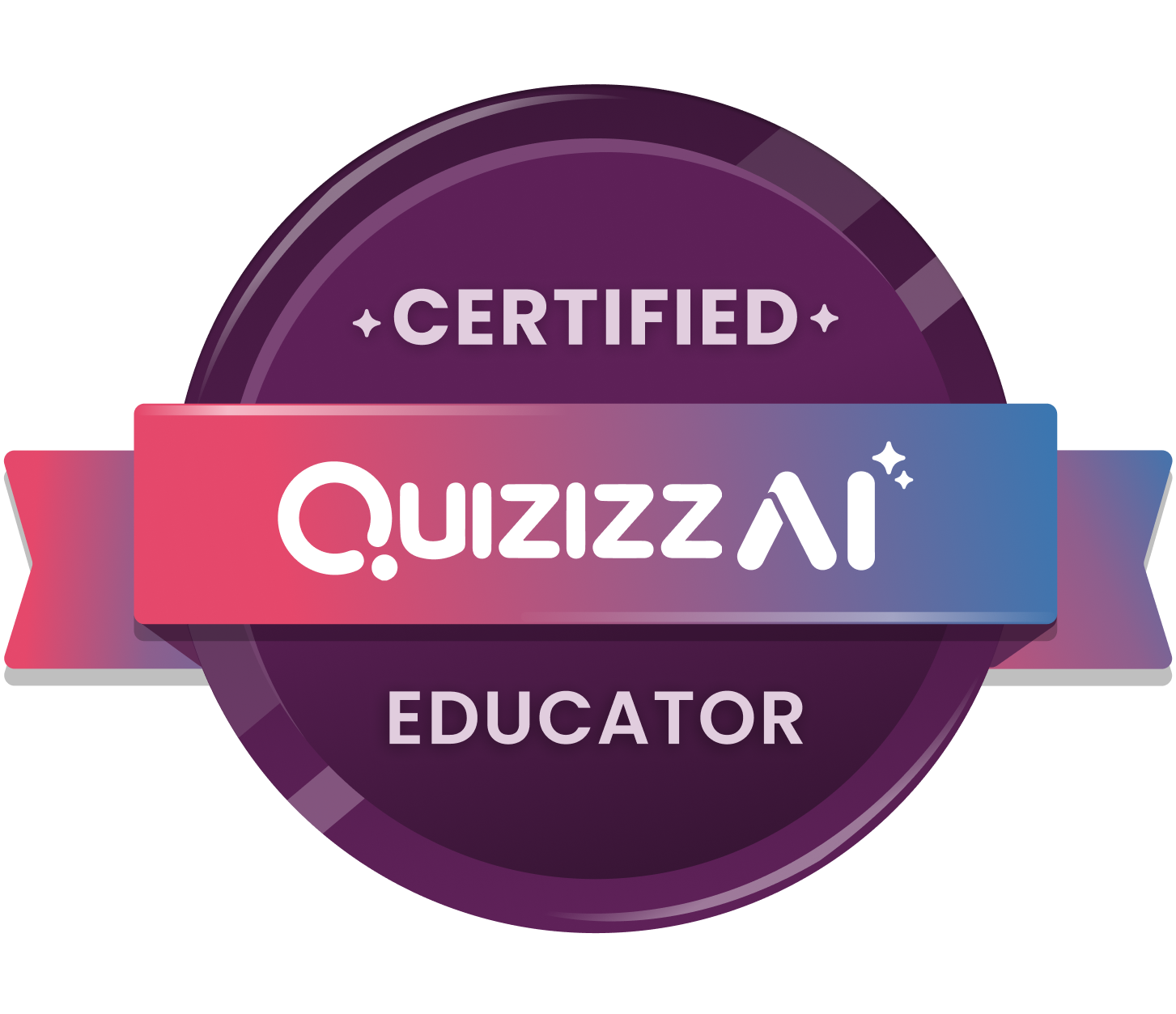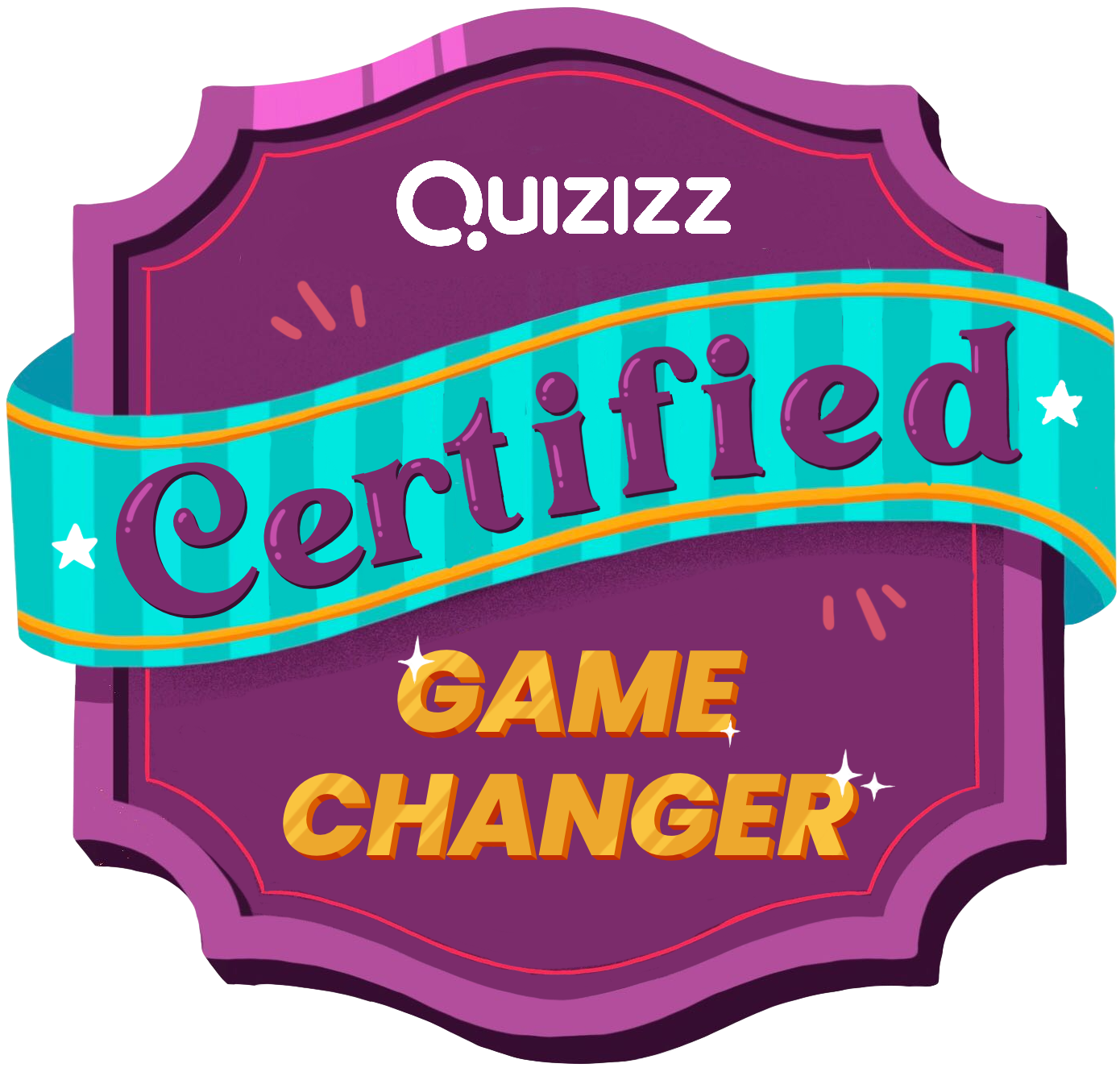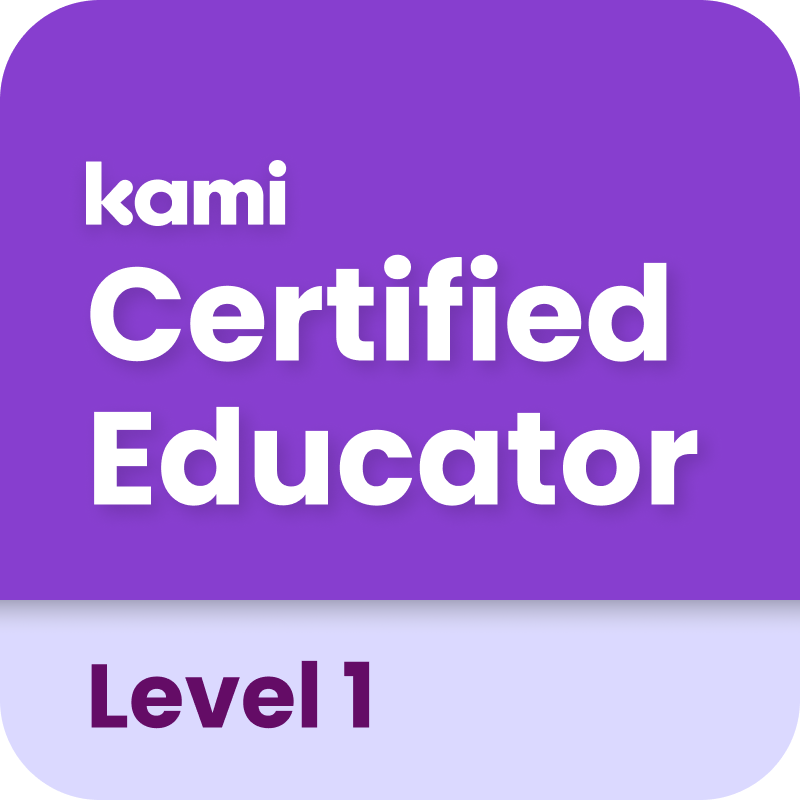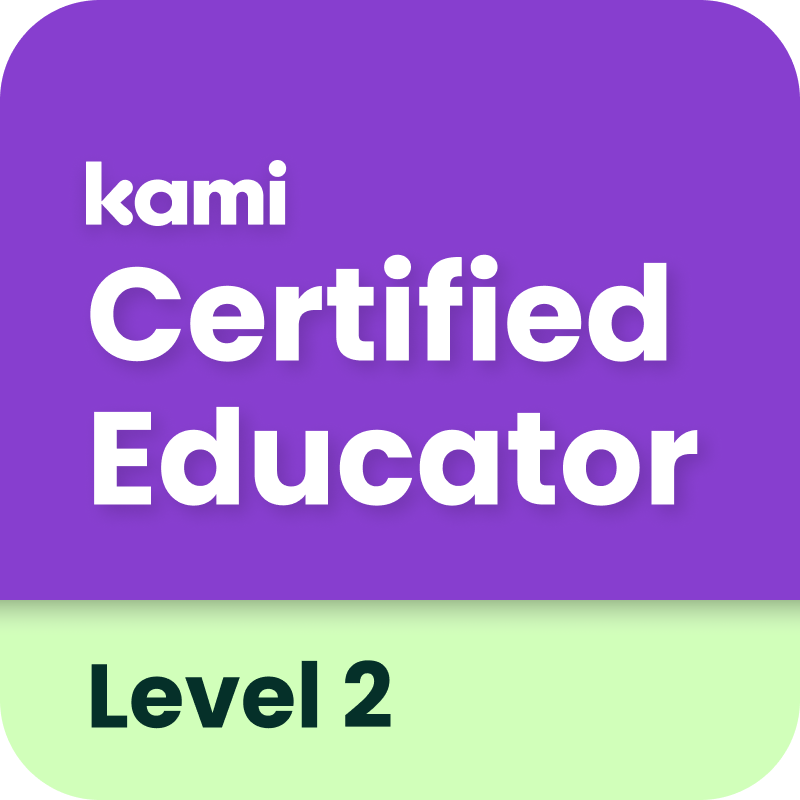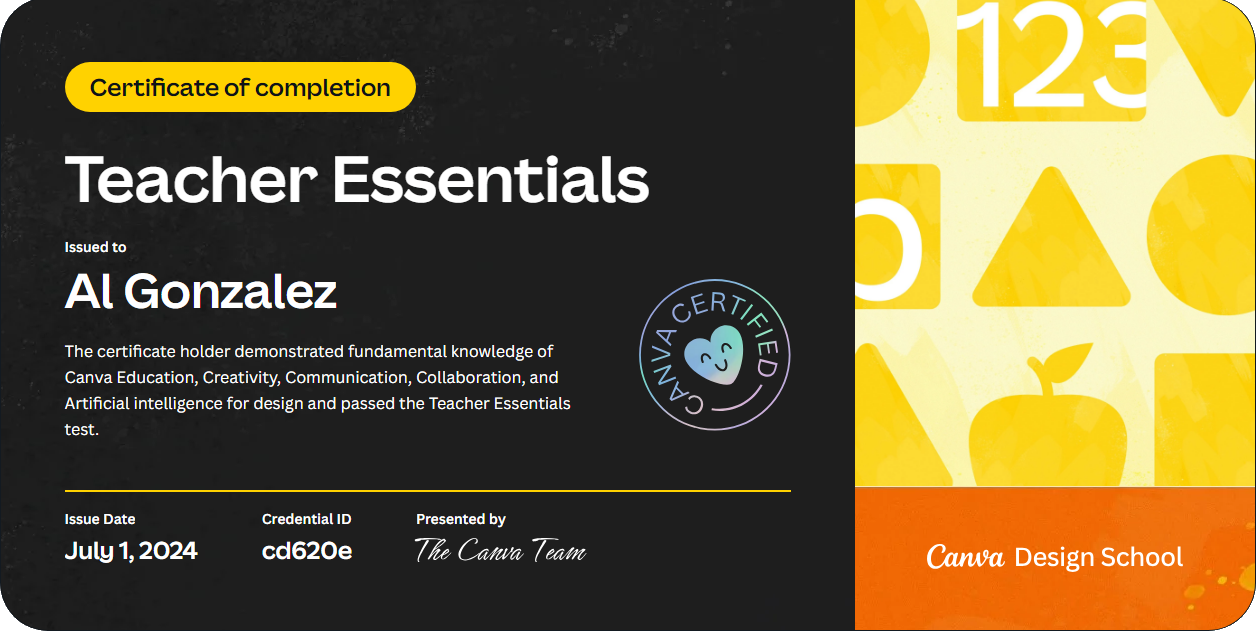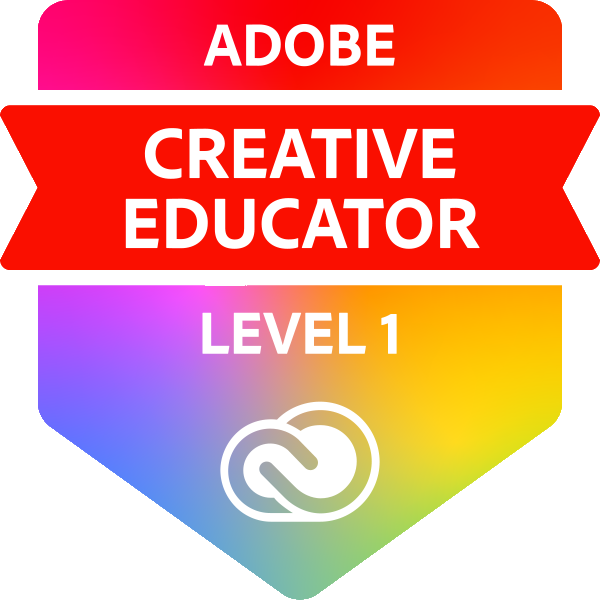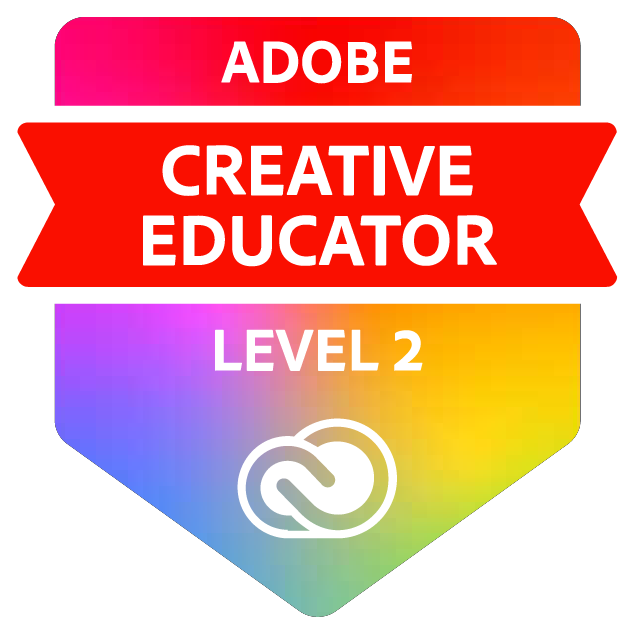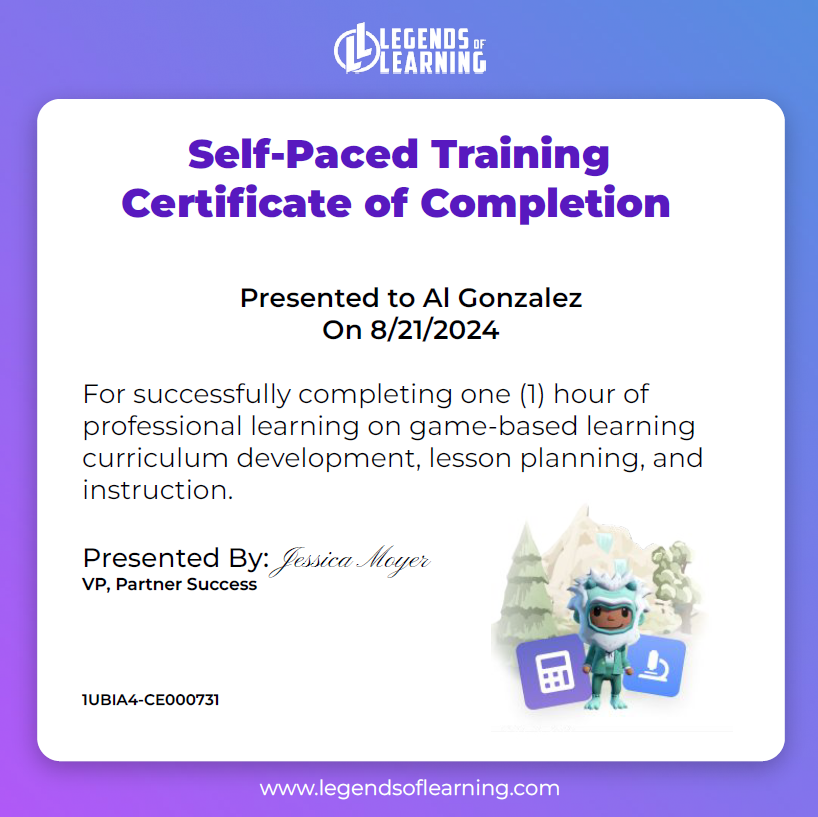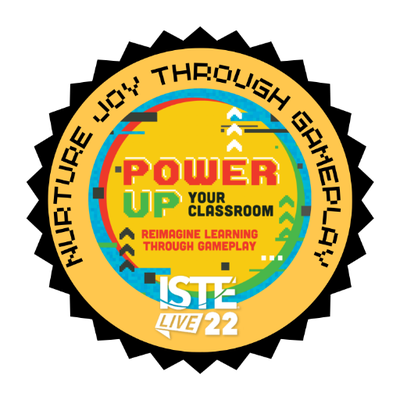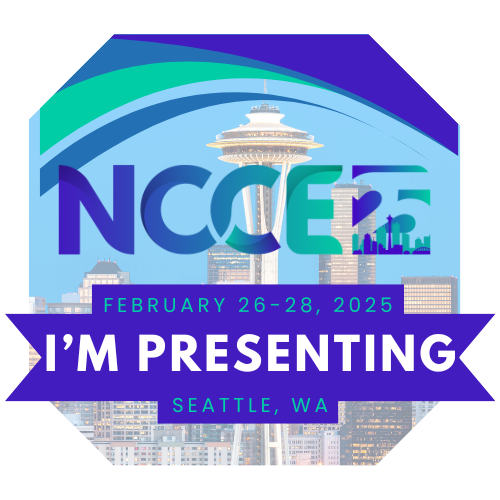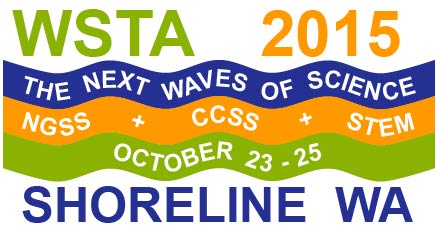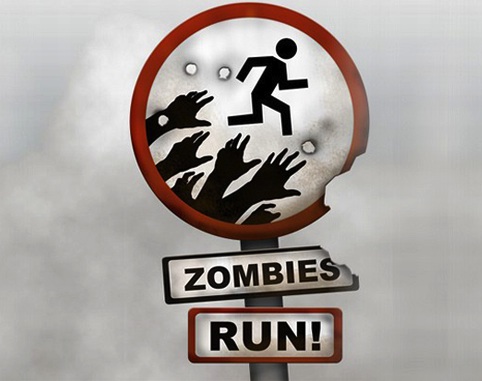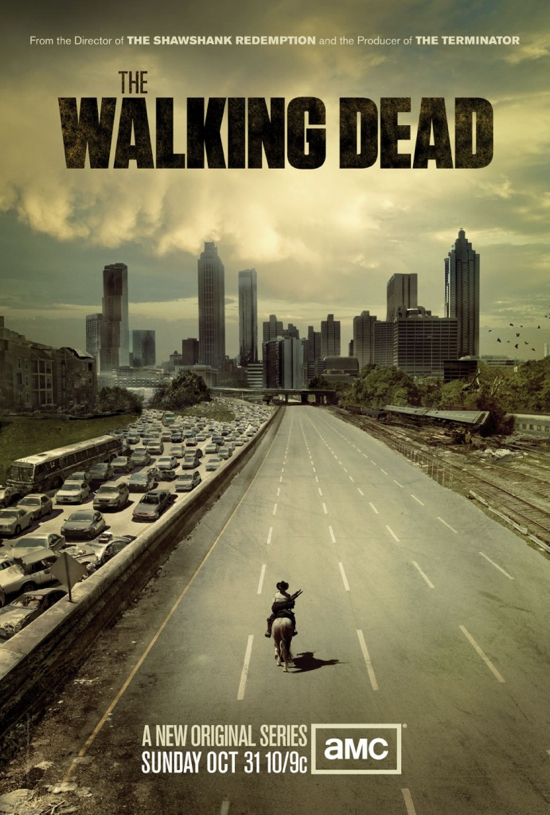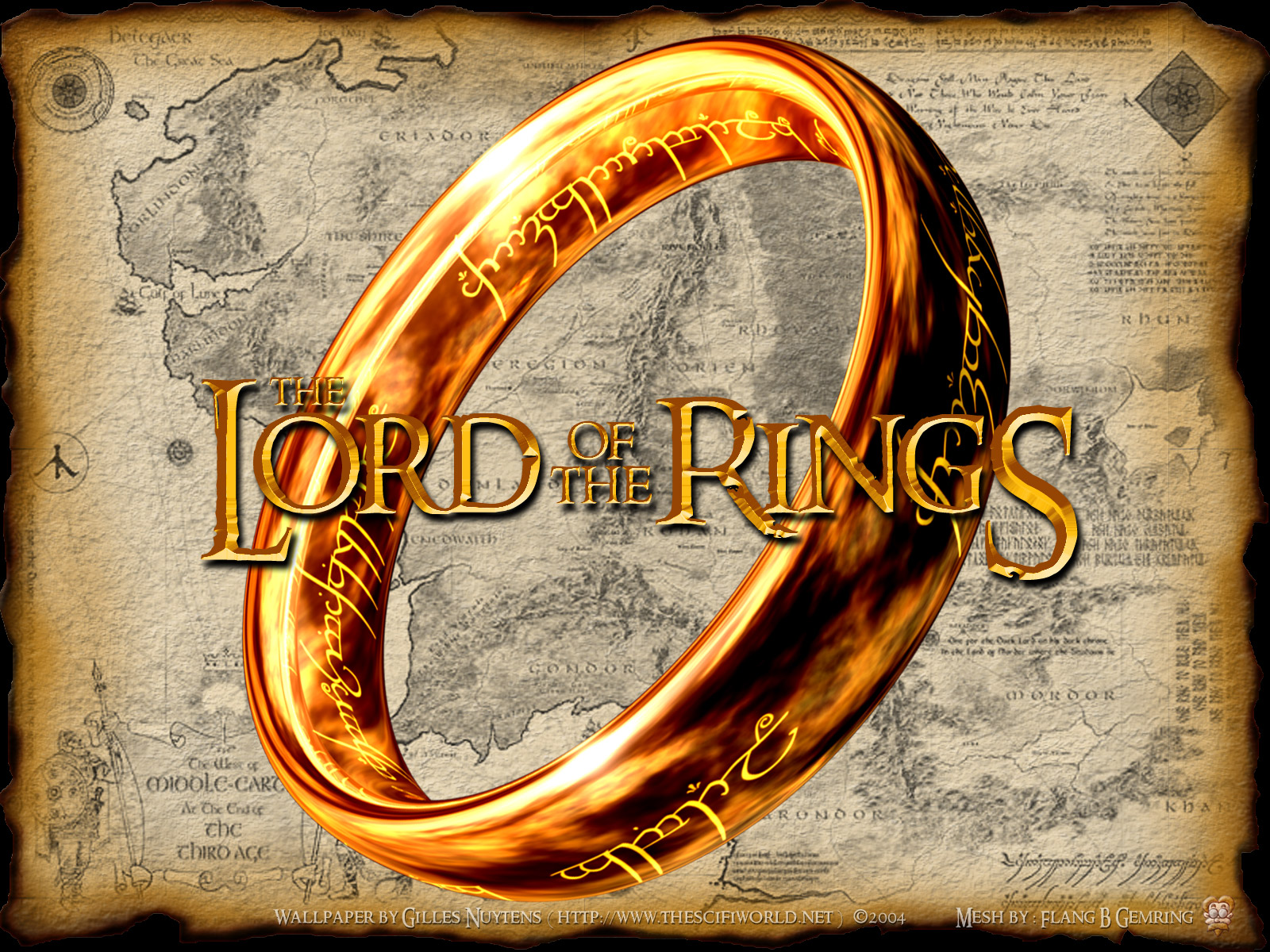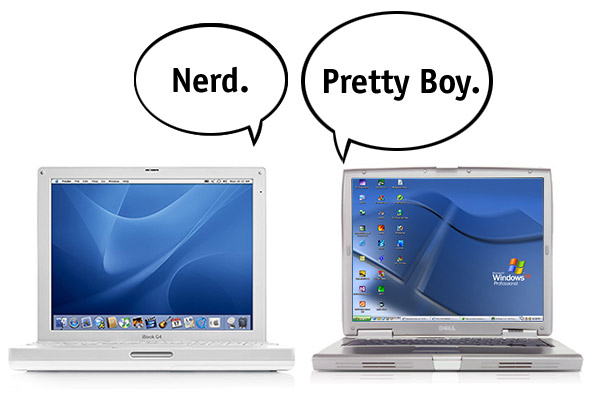 At a teacher leader workshop we learned some valuable lessons about how to get the most out of our Professional Learning Community (PLC) work. One thing I noticed is that the type of deep thinking that is needed for PLC’s to do their job well is the type of discourse I see often from my Twitter Professional Learning Network (PLN)! (I just had to throw that in there to add another reason why our PLN’s are so valuable to our professional growth.) We were looking at ways to get that level of discourse in our PLC’s. We read an excellent article: Leading Deep Conversations in Collaborative Inquiry Groups and Formative Assessment by Tamara Holmlund Nelson, Angie Deuel, David Slavit, Anne Kennedy. (It’s not free and I’m only summarizing it here so I hope you get the gist cause I think it’s they’re charging way too much if this is the only part you’re going to read.)
At a teacher leader workshop we learned some valuable lessons about how to get the most out of our Professional Learning Community (PLC) work. One thing I noticed is that the type of deep thinking that is needed for PLC’s to do their job well is the type of discourse I see often from my Twitter Professional Learning Network (PLN)! (I just had to throw that in there to add another reason why our PLN’s are so valuable to our professional growth.) We were looking at ways to get that level of discourse in our PLC’s. We read an excellent article: Leading Deep Conversations in Collaborative Inquiry Groups and Formative Assessment by Tamara Holmlund Nelson, Angie Deuel, David Slavit, Anne Kennedy. (It’s not free and I’m only summarizing it here so I hope you get the gist cause I think it’s they’re charging way too much if this is the only part you’re going to read.)
In order for collaborative inquiry groups, be they PLC’s, critical friends groups, lesson study groups, or PLN’s, to be effective at improving student learning, teachers need to spend less time engaging in congenial talk and more time engaging in collegial talk. Teachers tend to do a lot of congenial types of talking from complaining about all the things stacked against us to sharing war stories and success stories. Don’t get me wrong, I’ve said before and I’ll say it again, there is a time and a place for everything and venting is part of what helps us get through our days and keeps us from burning out. We just shouldn’t go on and on especially if we’re meeting to do PLC-type work. If we’re just hanging out after school well that’s another thing. But I’ve also heard that many teachers won’t eat lunch in the staff lunch room because of the venting that takes place. Too much emphasis on blaming students instead of coming up with ideas to motivate them and engage them.
One point that marks a congenial type of talk is how teachers are overly polite with each other, hence the congeniality. I say overly because we tend to avoid the critical questions about our practice for fear of hurting each other’s feelings. There are a few reasons why teacher spend time sharing instead of questioning their practice (there may be more even):
- To avoid personal and emotional conflict.
- When they lack empirical evidence.
- To avoid finding fault.
Teachers who are still involved in sharing conversations in their meetings need to make the shift to an inquiry dialogue. In an inquiry dialogue teachers ask the tough questions of each other and see conflict not as personal attack but rather challenge to change what isn’t working. If we can focus on how and what our students are learning or on how to motivate and engage them or on how to get them to think deeply then we don’t have to attack or offend, or defend, each other. Conflict shouldn’t be between individuals but instead between ideas. That’s the key point to remember, always put the focus on the idea and not the person. This kind of collegial conversation needs to include deep talk about student learning based on agreed goals with the use of data. We ask our students to do this all the time. We ask them to take our feedback and improve their work. How often do we do the same? This type of conversation requires risk-taking and trust, only then can true collaborative inquiry between teachers take place.
So focusing on ideas instead of people helps groups overcome 1 and 3 above. Overcoming 1 and 3 requires trust in order to take that risk and know that what is discussed won’t be used against you (by your boss, right?) or won’t reflect on you as a person (well, we can only hope). In order to overcome number 2 above groups have to choose formative assessments that generate data that allows for information about individual students and not just general averages. One of my colleagues said it best, “we need to look at the data and not the statistics.”
One way to help groups engage in collegial discussions is to distinguish between when it is time to actively understand each other’s meanings by asking questions and posing counter examples, which requires suspending judgment, and when it is time to choose one idea and decide on what actions to take. In the group all teachers must contribute and buy in. The group should work a cycle of questioning, reflecting on evidence, and taking action.
I made a handout that I’m going to give to my PLC members. The first page is to help us distinguish when we’re talking to get all ideas out versus when we’re talking to come to a decision. The second page is really helpful because it lists questions groups can ask to generate the deep talk necessary for collaborative inquiry.
Collaborative Inquiry
How are your school collaborative groups doing? Are they truly working on an inquiry stance?

